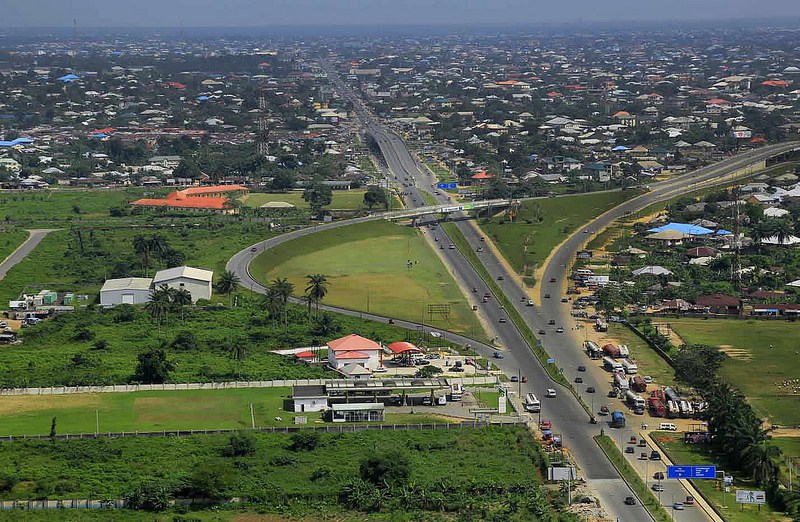History was made in Abidjan, Ivory Coast, as a new Protocol adopted under the Abidjan Convention was named after the Nigerian city of Calabar in Cross River State.

The “Calabar Protocol on Sustainable Mangrove Management” was one of the four additional Protocols and Policy adopted and endorsed on Tuesday, July 2, 2019 by the Abidjan Convention in the Ivorian capital.
Others are the Grand Bassau Protocol on Pollution from Land-based Sources and Activities; Malabo Protocol on Environmental Standards and Guidelines for Offshore Oil and Gas Activities; and the Pointe Noire Protocol on Integrated Coastal Zone Management.
Justifying why the Cross River State capital city deserved the honour, a member of the Nigerian delegation to the Abidjan Convention’s “Plenipotentiaries Meeting” holding from July 2 to 3, Mrs Cornelia Ibironke Adenuga, stated that besides the fact that the meeting to prepare the protocol first took place in Calabar, the city has the largest concentration of mangrove forests in the country’s Niger Delta region, and untainted with oil exploration activities.
Adenuga, a Deputy Director on Special Duties, Federal Ministry of Environment, added that Calabar has the largest mangrove in Africa and the third largest in the world.
“This swath of mangrove forests hosts some of the world’s iconic species of fishes, crabs, snails, oysters, red mangrove and Avicenia Species,” the official stated, adding that the communities living around the mangroves, particularly in Cross River State and the Niger Delta in general, have been exposed to sustainable management practices that guarantee their livelihood as well as protect the environment.
Another member of the delegation, Ms. Kitakang Iya Joyce, said: “Calabar in Cross River State houses the most endangered / endemic species of wild animals such as Gorilla gorilla diehi popularly known as the Cross River Gorilla.”
Kitakang, a Forest Officer in the Forestry Department of the Federal Ministry of Environment, stated: “Mangroves are known to be areas of high biological productivity, habitats to many endangered species, and most importantly an important source of sustainable livelihood to community living around and dependent on them. The recent Global Assessment by the Inter-Governmental Science-Policy Platform for Biodiversity and Ecosystem Services put the value of the mangrove coastal ecosystem at $4500/km2/year, $3,500/Km2/year in the West and Central African region. However, the report also highlighted the current threat to this ecosystem.”
Adenuga and Kitakang emphasised that the adoption of the Abidjan Convention (full name: Convention on Cooperation for the Protection, Management and Development of the Marine Environment and Coastal Areas of West, Central and Southern African Region) was a demonstration of commitment by member countries to ensure that the mangrove ecosystem is managed and sustained to play its role for the benefits of present and future generations.
In his comments, Executive Secretary of the Abidjan Convention, Abou Bamba, disclosed that the Calabar Protocol on Sustainable Mangrove Management automatically becomes a United Nations Treaty.
His words: “Yes, the Abidjan Convention is herself a UN Treaty. Any protocol to the Convention is fully embodied in the Convention. Therefore, like the other protocols, the Calabar one was negotiated under the UN Environment hospices and its Secretariat is administered by UN Environment. The Meeting of the Parties to the Calabar Protocol will be convened by UN Environment.”
